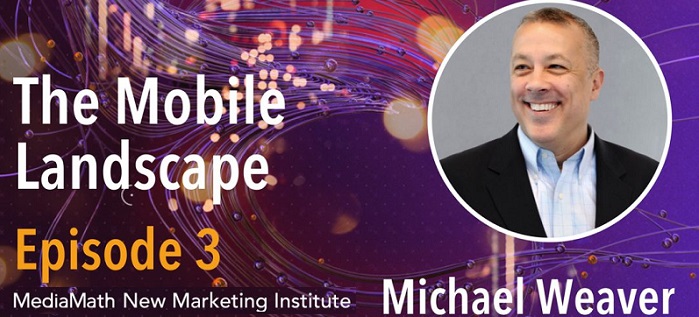As we look back at the past five years of the New Marketing Institute (NMI), it’s hard not to feel a sense of accomplishment and pride. When I first joined MediaMath and launched NMI, it was an exciting time filled with unknowns. As the education technology industry continues to evolve, we have progressed with the fast pace of innovation and we are eager to continue collaborating with bright minds. Five years later, I am thrilled with the work we achieved so far and can’t wait to see what’s ahead.
If our greatest achievements to date are any indication of what’s to come, the next five years will have big things in store for NMI. To celebrate our anniversary, let’s take a look back at our most exciting milestones:
The launch of the certification and training courses:
Launching our training courses is one of the proudest accomplishments for me because at its core, NMI aims to achieve a solid foundation for learning. We offer digital marketing certification courses, including “Intro to Digital Marketing” and “Programmatic 101” to help fill the skills gap in an ever-evolving industry. And as the space keeps growing and innovating at such a rapid pace, NMI understands that today’s marketers need to stay competitive.
It starts with having a best in class team who shares an enthusiasm to teach in the ad tech space. To date, we’ve trained more than 12,000 people and have grown our presence in over 16 countries. Being compassionate and understanding that not all people learn the same – some individuals may learn better through listening, while others learn more effectively through visuals. We “meet the learner where they are” by offering localized content and giving learners access to courses online or in-person because we want to be as flexible as we can to serve the education needs of all of our students.
The launch of our Marketing Engineer Program (MEP):
Another proud milestone was establishing MediaMath’s Marketing Engineer Program (MEP) – an immersive and dynamic training program we developed to give future marketers a unique opportunity to gain technical and professional skills needed to be successful within the digital marketing space. Since it’s launch in June 2014, we have seen the 12-week curriculum-based course grow into an international training program, launching MEP Berlin for the first time this year. Graduating more than 50 marketing engineers to date, MEP is about to graduate its sixth cohort at the end of this month!
The NMI Advisory Board launch:
Last August, we officially announced the launch of our NMI advisory board. The primary goal for the board is to provide insights and serve as a resource globally for new ideas and trends in digital marketing. On the board, we have members that come from retail, technology and education. This dynamic mix allows for the group to openly share ideas and best practices across industries.
The launch of NMI’s first podcast, Programmatic Untangled:
Here at NMI, discussions around launching a podcast had been taking place for quite some time. When we were able to host our first podcast, it was a huge accomplishment. I love the idea of working with new mediums for education and podcasts are a prime example. They’re collaborative and allow for learning to take place on the go. Over the next five years, NMI will certainly continue to utilize different forms of media for lessons, like podcasts.
Industry recognition in the form of award wins
We are all extremely proud of the work that NMI has achieved, but seeing it recognized by industry professionals is the icing on the cake. NMI has won awards in education and innovation, winning two Brandon Hall Group gold awards for the best learning and development program and Marketing Engineer Program (MEP) getting recognition as the best certification program. Moreover, I was honored by Chief Learning Officer magazine at the 15th Annual Learning In Practice ceremony by receiving silver honors for the Innovation Award and gold for the Strategy Award. Seeing others in the industry acknowledge our growth and commitment to education is a remarkable feeling and serves as a testament to the power knowledge has in the digital marketing community.
As we look back at all of the progress we have made at NMI, we are excited for what’s next. If you’re looking for ways to explore the future of digital marketing and programmatic advertising, take a look at the programs NMI is currently offering.










